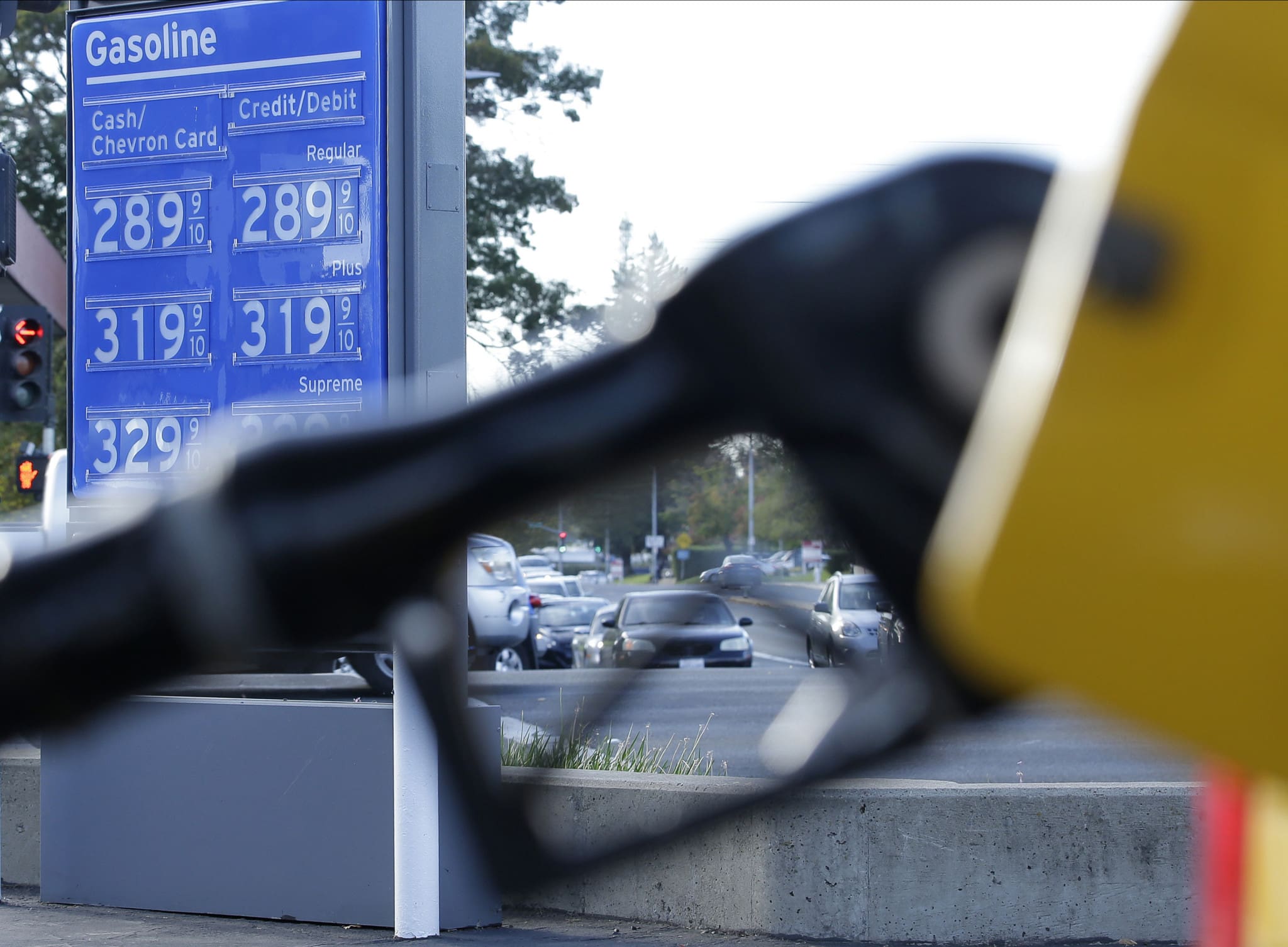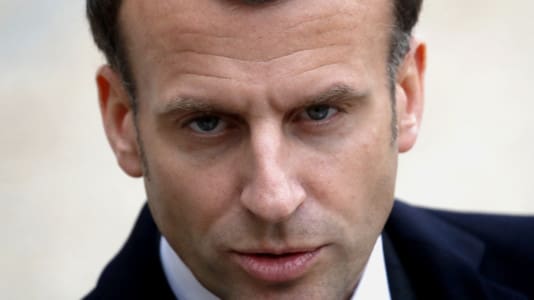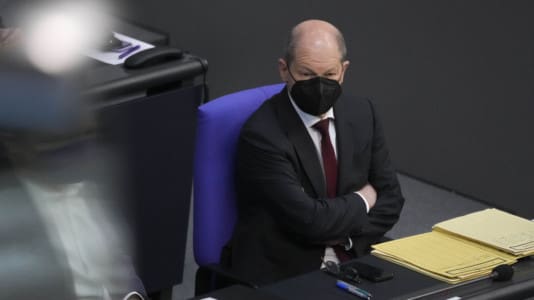Petr Fiala’s government in Czechia is now considering regulating the profit margins of fuel and gas sellers. A few months ago, this would have sounded like fake news. Today, it is reality. And this is nothing out of the ordinary in Europe. The prices of basic strategic raw materials, from gas to oil to electricity, are soaring, and this immediately affect the prices of all other goods.
According to the Governor of the Czech National Bank, Jiří Rusnok, inflation could reach 13 to 14 percent in the foreseeable future for Czechia. Other economists do not rule out worse numbers, around 16 percent. In February, inflation rose to 11.1 percent, which was the third-highest number in Europe. At the same time, the economy is growing much more slowly, as are wages. So, we are entering a dangerous spiral of stagflation, which will result in ailing economies with soaring prices.
One of the greatest declines in living standards in the history of the Czech Republic awaits us.
With inflation raging in Czechia, there is little the government of Petr Fiala and the central bank can do, but nevertheless, the country’s political class is under pressure to do something to prevent a social explosion.
On top of this economic drama, two elections are on the horizon, with municipal and senate elections taking place this fall, and in January, Czechs will vote for their new president.
With this mix of sharp, uncontrolled rising prices, a looming decline in living standards, and an election drawing nearer, ideas like price controls arise.
At a time of energy crisis and the Russian invasion of Ukraine, there is a threat that a wave of regulation and state intervention in the economy will happen. Together with the end of globalization, free trade, and the independence efforts of individual countries, it is an infection that can seriously jeopardize global prosperity for a long time to come.
Czechia now faces a risky regulatory spiral that resembles the inflationary one. One state intervention then triggers another. State coronavirus measures were at the beginning of current global inflation in such measures, resulting in a combination of lockdowns and public money being thrown into the economy. With the public in shock over the Russia’s aggression against Ukraine, we almost forgot that gas and oil were not made more expensive by the war. The conflict only added to already massive rising prices that began during the pandemic.
In recent weeks, most goods have become pricier, and it is not just fuel, with food prices hitting households hard. Once the genie of margin controls and price regulations is let out of the bottle, it’s hard to put it back in. Then comes the natural question: if gasoline, why not food? For example, Viktor Orbán has been regulating prices in Hungary for some time, including gasoline and electricity.
The government should be very vigilant with its interventions into the economy. And the ministers should avoid the regulations where the market usually works, like in the oil, gas, and gasoline trade.
During such hard times, the only area that the state needs to intervene in is to keep cartels from forming to ensure competitors do not conspire to artificially keep prices higher. The Office for the Protection of Competition is already in charge of this, and it also has experience from the past with controlling cartels of diesel and gasoline sellers. Electricity is a different topic. Its market has not worked for a long time due to emission permits and the EU’s taxonomy. The EU has artificially made electricity more expensive through regulation, so it is appropriate for the government to keep an eye on the price, but it should limit such interventions to this specific area.
Amid the events we have been experiencing in recent years, it is easy to forget that state intervention in the economy has always destroyed prosperity and brought poverty and scarcity.






